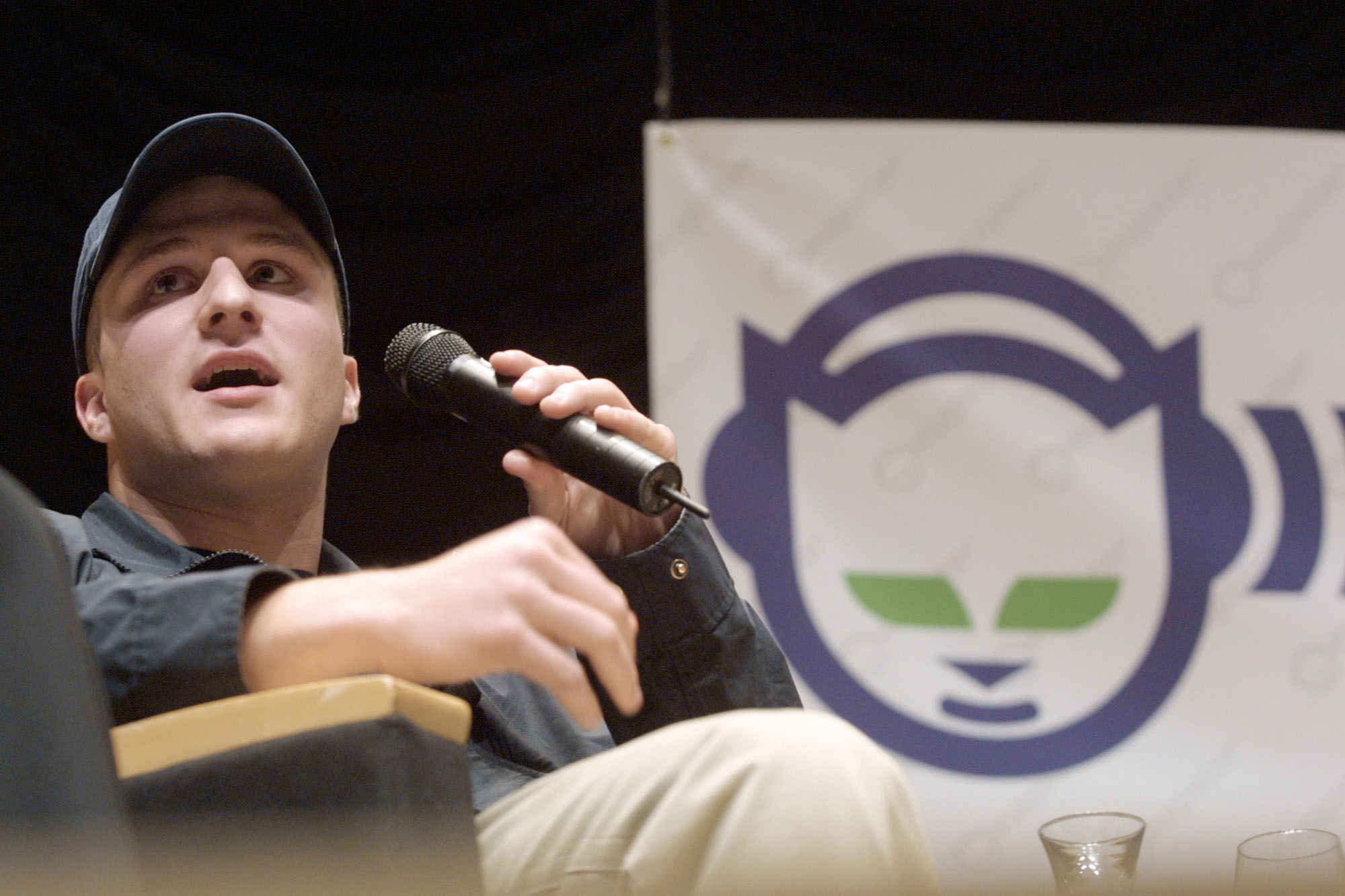In the first weeks of 2000 the founders of Napster were in their office above a bank in San Mateo, California, considering dizzying numbers. Figures scrawled on a whiteboard told how many people around the world had installed their file-sharing application and were using it to download music from each other's computers. As recounted in "Downloaded" — a documentary soon to premiere at the SXSW film festival, telling the story of a piece of software that came and went and whipped up a new digital music industry in its slip — Napster had 20 million users at the time. Some way from San Mateo, in suburban London I had just become one myself.
I was 17, and the owner of an irregular music collection that numbered about 20 albums, most of them a real shame (OMC's "How Bizarre," the "Grease 2" soundtrack). One day I had unsupervised access to the family PC and, for reasons forgotten, an urge to hear the campy orchestral number from the film "Austin Powers." I was a model Napster user: Internet-equipped, impatient and mostly ignorant of the ethical and legal particulars of peer-to-peer file-sharing. I installed the software, searched Napster's vast list of MP3 files, and soon had "Soul Bossa Nova" plinking kilobyte by kilobyte on to my hard drive.
"It's difficult to describe to people ... how much material was suddenly available," the technology guru John Perry Barlow tells Alex Winter, the director of "Downloaded," in his new documentary. Speaking to me on the phone from the United States, Winter added: "There was no ramp up. There was no transition. It was like that famous shot from "2001: A Space Odyssey," when the prehistoric monkey throws a bone in the air and it turns into a spaceship. Napster was a ridiculous leap forward."

















With your current subscription plan you can comment on stories. However, before writing your first comment, please create a display name in the Profile section of your subscriber account page.